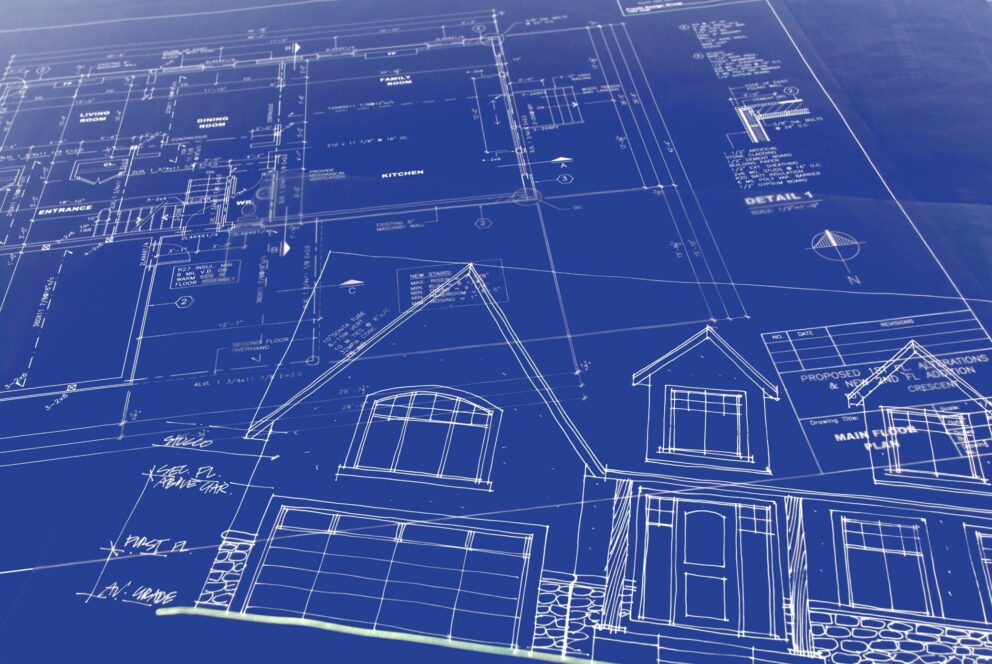What did you think of this article? Rate it!
TEAMS
Our lawyers
Skill
Our expertise in Commercial Law
Criminal lawyer for police custody: your rights and defence strategy from the outset
All you need to know about embezzlement with your criminal lawyer
Personal data theft: contact your lawyer!
The role of your lawyer in managing your commercial disputes
Managing conflicts between heirs with your lawyer
Your customs lawyer in Paris
Tax inspections: your public law lawyer will defend you!
European arrest warrant: an update from your criminal lawyer
Your extradition lawyer – Goldwin Avocats in Paris


Ask your questions to Goldwin Law Firm

Any questions? Contact our firm
The GOLDWIN firm will contact you as soon as possible. We will only accept your file if we are able to help and support you as best we can with excellence and efficiency.


Discover all our articles on commercial law.
Consulter toute l’actualité
Aucun article sélectionné.

